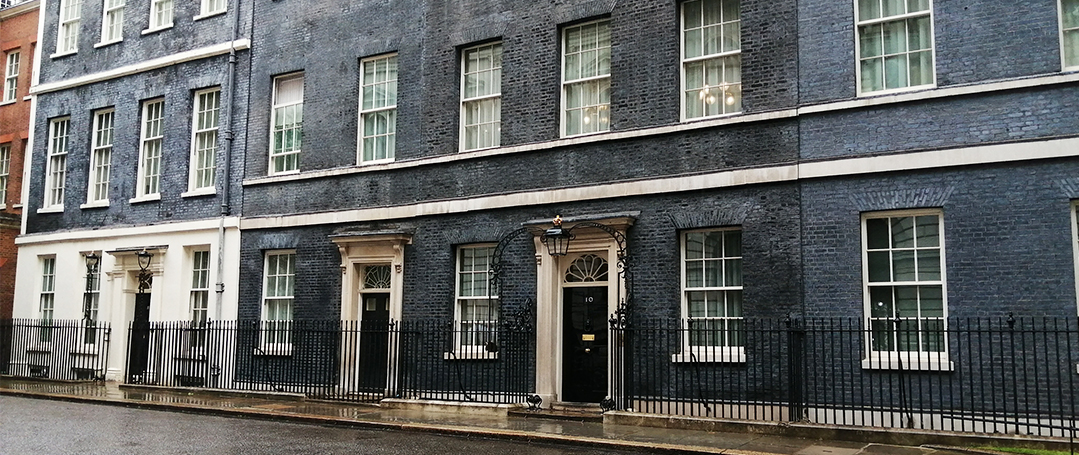
Following the return to Parliament after the death of Queen Elizabeth II, the newly-formed Government led by Prime Minister Liz Truss launched what has been described as a ‘mini budget’, a fiscal event designed to boost economic growth in the United Kingdom.
The new Chancellor Kwasi Kwarteng revealed that the basic rate of income tax had been cut from 20% to 19%, the 45% high rate of income tax in England, Wales and Northern Ireland had been scrapped, and the increase in National Insurance in April had been reversed.
Following many months of UK inflation, which has had an impact on the cost of general goods in the UK, and is not expected to peak until October, the Bank of England has raised interest rates for seven consecutive monetary policy committee (MPC) meetings, and have warned Chancellor Kwarteng that they may need to push interest rates further to contain inflation.
The reaction to the so-called mini-budget has been mixed. Although generally positively received by business groups, political opponents of Labour and the SNP have criticised the plans, and many economic forecasters and experts consider the budget a ‘gamble'.
The MPC raised interest rates to 2.25% on Thursday, and is carefully assessing inflation, economic growth and energy price caps moving forward. Its next decision is slated for its next meeting in November.
In the days following the fiscal event and subsequent reaction, the pound has sharply fallen against the dollar and euro (among other currencies). On Monday the 26th of September, the GBP fell to a record low of just above $1.03.
Mini Budget 2022: What it Could Mean for Pound Wholesale
Pound Wholesale are expecting to see fresh rises in the cost of goods and services due to the fall of the pound, as British businesses and importers get less for their currency. As ever with economic instability, it’s likely that the GBP slump will impact and deter investment and put import and export plans into uncertainty. This is because the expected costs for imports and price of goods sold abroad changes, causing the cost of importing from overseas to increase.
The cost of oil and natural gas is expected to further be exacerbated in the UK, adding fuel to the fire caused by the Russian invasion of Ukraine. As gas is priced in dollars, the cost of manufacturing goods such as plastics in the UK will increase, pushing further on the pockets of consumers.
For traditional bargain stores and pound shops, we are predicting a difficult period where pound items could become a thing of the past as retailers struggle to cap prices.
There’s no doubt that businesses are understandably stock-piling items, which is leading us to pandemic-like circumstances of stock shortages as enterprises fear price hikes.
This has led to numerous challenges in stock retention, and has unfortunately led to many more credits that we would have liked. We apologise to any customers that have been left frustrated or inconvenienced by shortages, but please be rest assured, this is a matter that we’re continuing to address internally.
Thanks to the hard work of our procurement and logistics teams, we are very well stocked currently, and we’re hoping to continue to deliver excellent value over the coming months. This is despite an intense few years of unprecedented large orders from our customers.
Though we will continue to seek to re-engineer our range where possible to keep prices down and protect our customers, it’s likely that there will be widespread price rises due to the Government’s mini budget.
We are encouraging customers who are looking to place large orders in excess of 144 pieces of singular lines to check availability before submitting. Please note, we may need to consider rationing stock to ensure our wide customer base has fair access to our product ranges.

